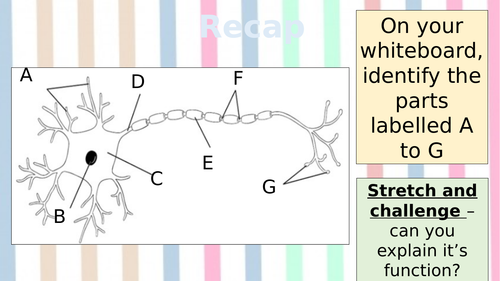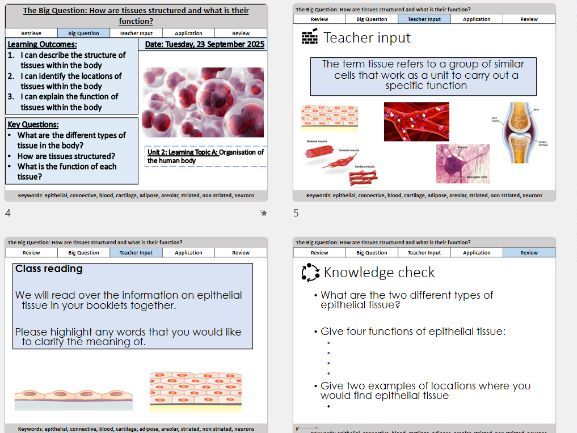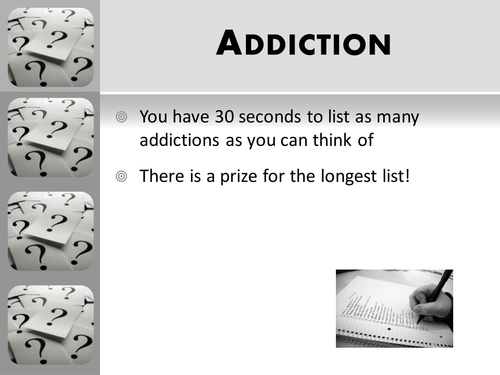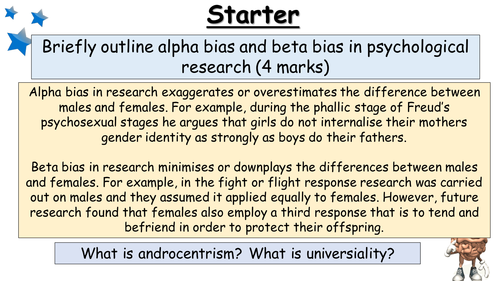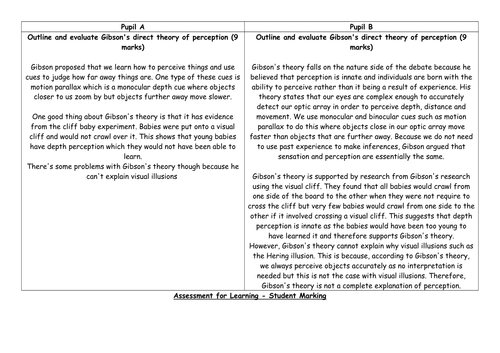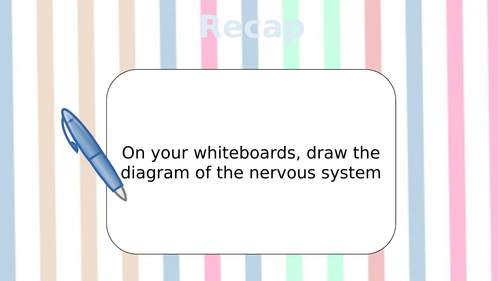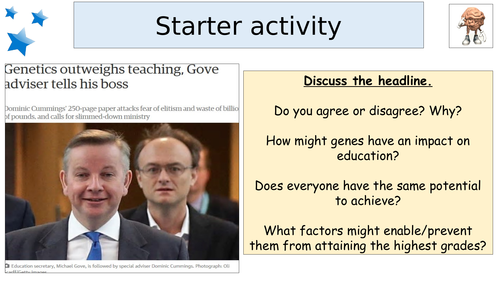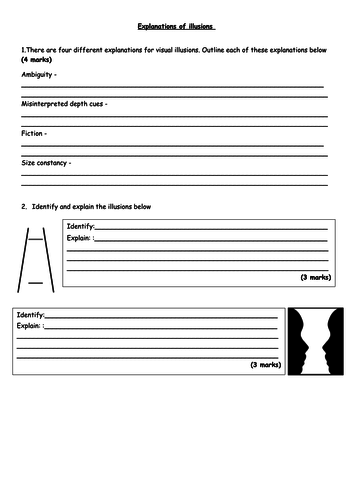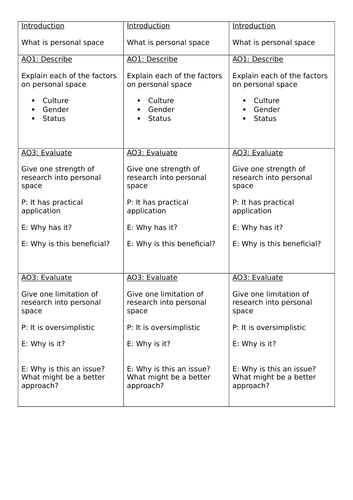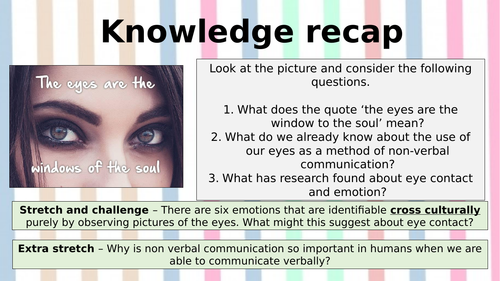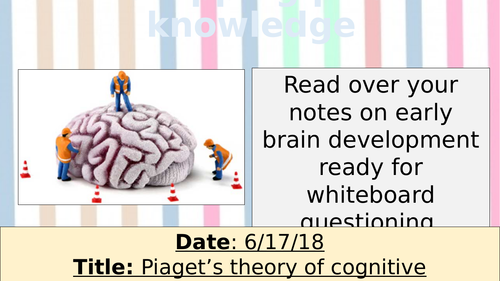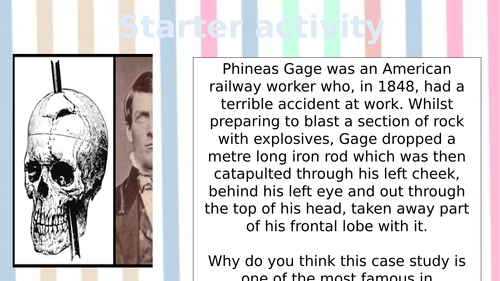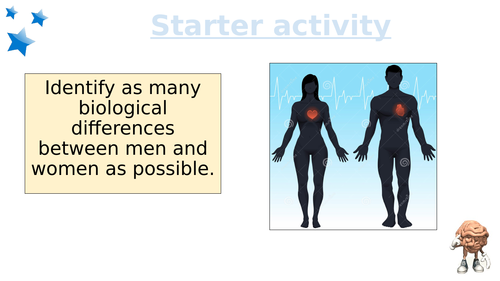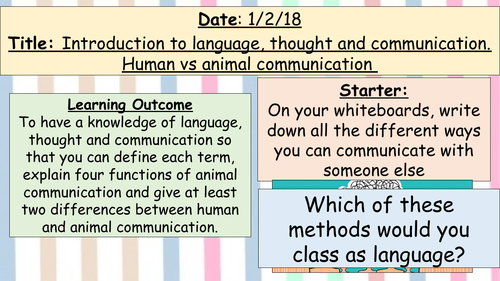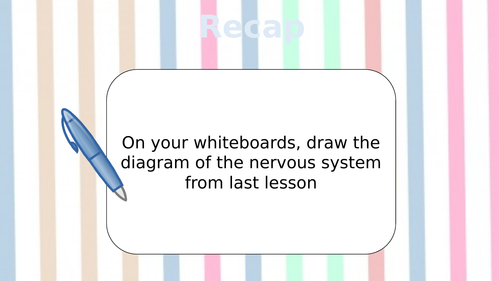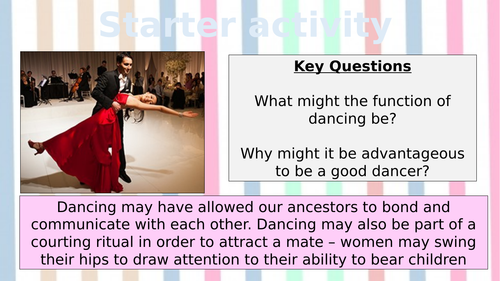Miss Slasor's Psychology Store
2019 results +0.36 L3VA ALPs 3 at A Level. +0.91 P8 score at GCSE using these resources. Head of Psychology and Assistant Head of Sixth Form at a large secondary school in South Yorkshire, teaching both GCSE and A Level Psychology to Y9-Y13. I aim to produce high quality resources that are easy to pick up and deliver but also provide a variety of activities to optimise pupil engagement whilst ensuring regular assessment tasks to ensure rapid progress.



